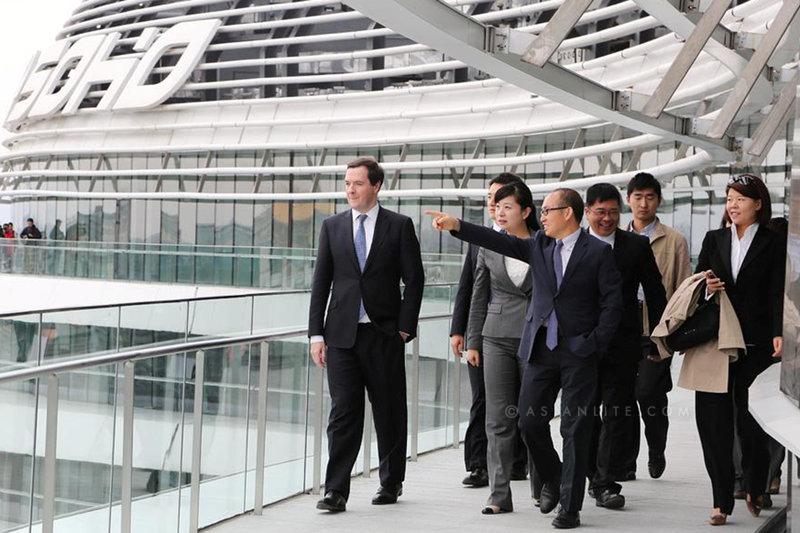The British economy will grow faster in 2014 than any other G7 economy, while low wage rises will ensure interest rates do not rise until next year, an influential report has forecast.

UK GDP growth will hit 3.1% this year, spurred by strong capital investment by businesses, the EY Item Club said, BBC reported. Meanwhile rates will not rise until the first quarter of 2015, it predicted.
Official figures show that UK GDP rose by 0.8% in the first three months of the year, the fifth consecutive quarter of positive growth. This represents the longest positive run since the financial crisis.
The Item Club also forecast that interest rates would not rise this year from their record low of 0.5%. This is in stark contrast to the market consensus, which is for a rise later this year.
Last month, Bank of England Governor Mark Carney signalled that rates could well rise sooner than most expected, which had at the time been in the first half of 2015. This led many commentators to expect a rise later this year. Figures released last week showed a sharp rise in inflation to 1.9% in June, up from 1.5% in the previous month, which convinced many that rates – the primary tool used by the Bank to control price rises – would indeed rise sooner rather than later.
But the Item Club believes the fact wages are not rising as fast as inflation means rates will not rise this year. According to the latest figures, wages are rising by just 0.7% excluding bonuses.
“The markets are jumping the gun in thinking that rates will rise this year,” said Peter Spencer, chief economic adviser to the Item Club. “Low inflation, the strong pound and ongoing risks from the eurozone all suggest caution in raising rates.”
The report does forecast, however, that real incomes will grow over the next two years.
It also forecasts that the unemployment rate, currently running at 6.5%, will fall to 5.6% by the end of 2015.
“Business investment is being ramped up, generating over half of the growth over the last year and helping to rebalance the economy away from consumption,” Mr Spencer said.
“Underpinned by a strong labour market that provides the best of both worlds – boosting incomes via employment rather than wages, while keeping inflation low – the UK economy has hit the sweet spot.